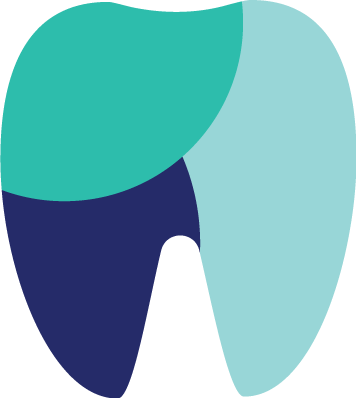Welcome to
Children’s Dentistry of Cherry Creek
At Children’s Dentistry of Cherry Creek, we believe in nurturing healthy smiles that will last a lifetime. We are committed to compassionate, family-friendly care for our patients throughout the Denver Metro area.
Meet our DoctorsPEDIATRIC SERVICES
Creating a Wonderful Experience for your Child
Building a positive and enjoyable experience for your child at every visit is our utmost priority. We are dedicated to offering individualized care, personalized attention, and gentle treatment. We know how important it is for children to love their dental home and have designed our office and the entire dental experience specifically for children. Every patient is treated with respect and patience, and we believe building healthy smiles involves a team approach. You will always be welcome with your child during their visit, and we encourage it!

Community Involvement
Children's Dentistry of Cherry Creek is proud to be a part of the Denver community and is committed to making it a better place. We are proud to partner with our local schools, daycares and youth organizations to help promote healthy mouths and overall good health in our community.
Read More
Meet the Dentists who love to help your children smile!
Dr. Lisa Carlson-Marks and Dr. Lacey Bowen are board-certified pediatric dentists with years of specialized training beyond dental school dedicated to pediatric care. You can trust in our doctors to care for your child’s dental needs through every stage of their young life. They are experts in healthy, happy teeth!
Learn More
Request an Appointment
We are honored that you have taken an interest in our practice! We know that finding a friendly and caring dentist for your child can be a stressful experience, but here at Children’s Dentistry of Cherry Creek we make that process as easy as possible for you. Our team is ready to provide your child with exceptional dental care in a warm and welcoming environment. Take the first step towards a healthy smile for your child by filling out our easy appointment request form.
Request an Appointment

